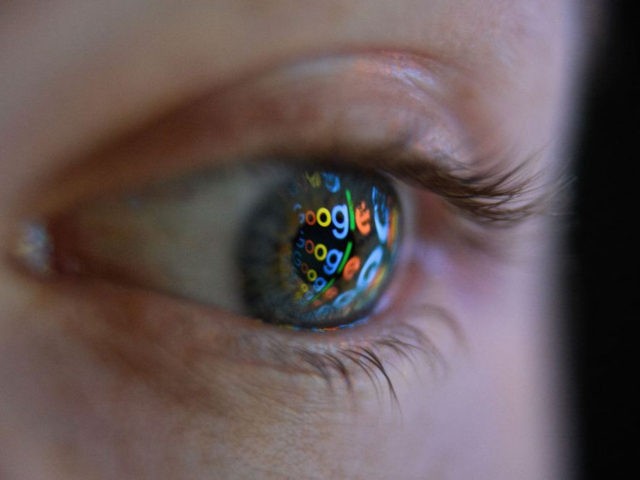A recent report from security and privacy experts Tutanota, which bills itself as a Google alternative, outlines how mass surveillance has become commonplace online and the effect it has on free speech.
In a recent report titled “Why a social credit system is so scary,” security firm Tutanota, which advertises itself as a “privacy-respecting alternative for Google with a calendar, notes, cloud storage – everything encrypted by default,” describes how mass surveillance has become a growing problem on the internet and the effects it has on society.
Tutanota uses the example of the Chinese social credit system in which individuals earn credits from the government for performing certain actions beneficial to the communist party. Tutanota claims that a similar social credit system is already in place in the West, it’s just not as obvious:
Of course, no one calls it social credit system, but if you think about it, it’s already here: The insurance company that calculates your risk premium based on information gathered from social media. The bank that calculates your financial credibility and, thus, your interest rates, based on information provided by the Schufa (German system). AirBnB and Uber disabling accounts, for example if a home owner or driver reported you for ‘bad behavior’, without giving you any choice to appeal.
These are just some examples that clearly show that some form of social credit system is already established. There are companies that gather information about you that lead to consequences based on this information. That’s basically the same as a social credit system.
The only difference to the looming Chinese system is that it is not yet inter-connected. If Uber blocks you, you can still use a Taxi. If one insurance asks for a high premium, you can try to get another. But what if this changes?
Tutanota states that as it currently stands, individuals online actions are tracked by their web browsers, third parties via cookies and almost all sites that they log into such as Google and Facebook. The group states that the “entire internet is a mere surveillance machine” that collects data given freely by users and creates profiles for them based on their online actions. According to the report, currently this information is only used for targeted advertising, but what if it was used for more than that?
This virtual profile of yours will lead to real-life consequences: You might not get the loan you need to buy a home because of a bad social credit. You might not get a car insurance, and thus, are stuck with public transport because of a bad social credit.
Most people think that these consequences will not affect them because they lead a good life. After all, that’s the aim of any social credit system: force people to lead a good life. And what’s so bad about this?
The problem is the definition of ‘good’: For companies ‘good’ might imply people who are recurring customers, who buy too much and spend too much. For governments ‘good’ might mean people who follow the rules and don’t speak up. Ever. No matter what the government decides.
Tutanota states that “Any social credit system — be it private or public — undermines freedom of speech,” and encourages users to keep their private data private. One of the ways that users can do this is by leaving Facebook and Google, here’s how they suggest that users do that.
Lucas Nolan is a reporter for Breitbart News covering issues of free speech and online censorship. Follow him on Twitter @LucasNolan or email him at lnolan@breitbart.com

COMMENTS
Please let us know if you're having issues with commenting.